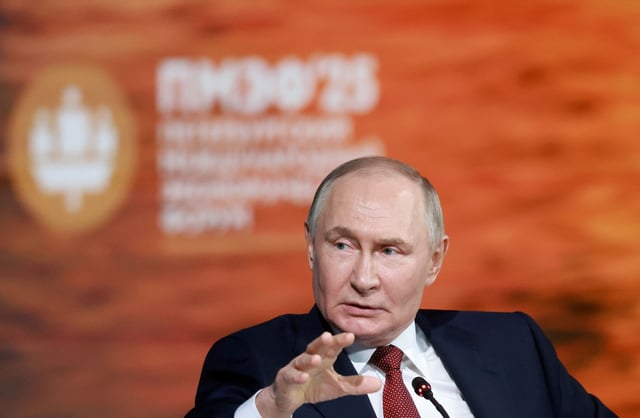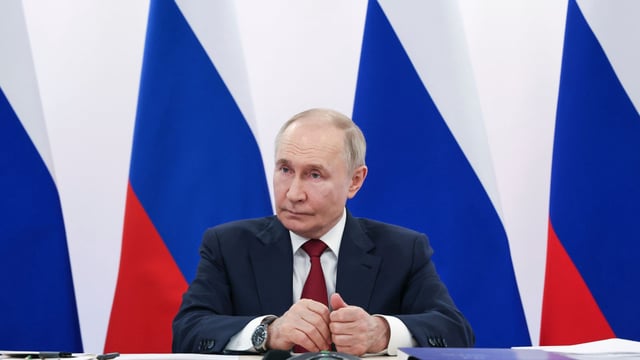Overview
- On July 1, Zelensky formally submitted ratification papers to the Verkhovna Rada to enact the June 25 agreement with the Council of Europe, marking the tribunal’s move toward legal reality.
- The tribunal is designed exclusively to prosecute the crime of aggression, targeting decisions by national leaders to use armed force in violation of the U.N. Charter.
- Expected to be based in The Hague, the court will include 15 judges and a prosecutorial team elected by member states, with membership open to countries beyond Europe.
- Supporters say the tribunal fills a gap left by the International Criminal Court and the European Court of Human Rights, both of which lack authority over the crime of aggression.
- Moscow rejects the tribunal’s legitimacy, contending its timing seeks to derail fragile negotiations and serve Western political interests.

